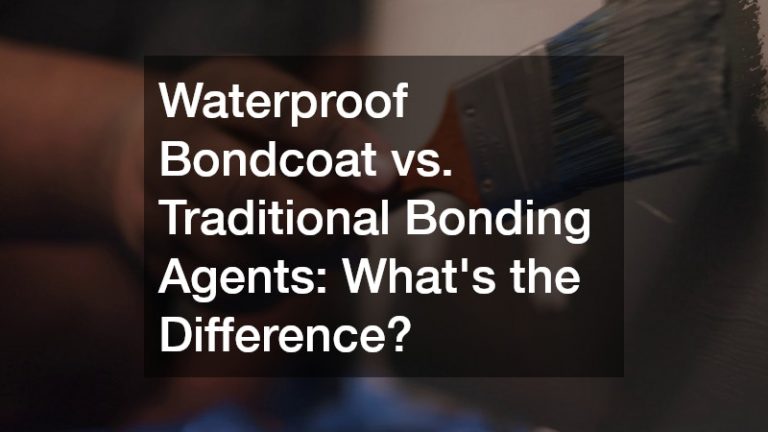

If you’re looking for valves and fittings, you’ll soon find that a brass fittings manufacturer is your best choice. But why is brass so frequently used for everything from compression fittings to garden hose fittings? It comes down to the unique properties of brass. Here are explanations of three of the most important of those properties:
Resistance to Corrosion
Brass is an alloy, or a mixture, of copper and zinc. While copper corrodes fairly easily — that’s what gives the Statue of Liberty her distinctive green color — zinc is actually more resistant to corrosion than steel under natural circumstances. For that reason, brass is resistant to corrosion, making it a good choice in systems involving water. (It’s just good to keep in mind that lead is sometimes also added to brass in small concentrations, so any drinking water systems should use specifically lead free brass fittings.)
Ductility at High Temperatures
Ductility isn’t a term many people have heard of, but it’s fairly simple to understand. It’s similar to malleability, except whereas malleability refers to a material’s plasticity under compressive (pushing) force, ductility refers to a material’s plasticity under tensile (pulling) force. Because brass is quite ductile, it can bend, stretch, and be shaped without breaking. That’s a necessary property for movable parts such as fittings, which need to be strong while still allowing a certain amount of flexibility at the right temperatures. Brass’ ductility is also what makes it a good alloy for both instruments and decorative items.
Low Magnetic Permeability
Brass has basically the same magnetic permeability as free space. What does that mean? Essentially, it means that brass is about as difficult to magnetize as the air around it. For that reason, it’s often used when a strong but nonmagnetic material is needed. It’s often substituted for ferrous metals, meaning iron or any alloy containing iron (such as steel), since these have a high magnetic permeability.
Do you understand now why brass fittings are so popular? Join the discussion in the comments below.






